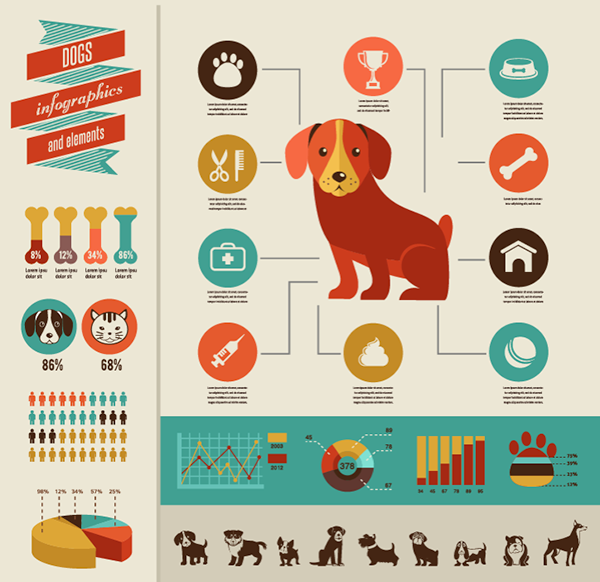What Dogs Do At Daycare
What Dogs Do At Daycare
Blog Article
Can Pet Daycare Cause Disease?
Dogs in childcare obtain lots of exercise, socializing with other dogs and one-of-a-kind experiences. This can be specifically valuable for puppies and dogs with behavior problems.
There are several legal considerations you require to think about when beginning a doggy daycare company. These consist of the framework of your organization and conformity with federal government regulations.
1. Canine Distemper
Canine distemper is spread through direct contact with the bodily fluids and waste of an infected canine, however it can additionally be sent using shared water and food bowls or through airborne droplets. This extremely infectious illness is most hazardous for pups, however it can impact canines of any age and is fatal for a lot of if left unattended.
First symptoms of canine distemper frequently simulate a cold, consisting of dripping eyes and nose with watery or pus-like discharge. As the illness proceeds, a dog will certainly develop fever, coughing, minimized hunger, throwing up and diarrhea. The infection can also assault the nerve system, leading to seizures, jerking and partial or total paralysis.
Credible childcares minimize direct exposure to infection by needing inoculations, routine health examinations and comply with stringent hygiene protocols. If your pup appears extremely weary or hopping, a day off might assist him recover, but you should avoid taking him back to childcare till these signs and symptoms improve.
2. Kennel Coughing
Kennel cough, also known as infectious canine tracheobronchitis or Bordetella, is a highly transmittable viral or microbial illness that impacts the breathing tract. It's commonly moved via the exchange of saliva or air beads that an ill pet dog exhales. Social canines are at greater threat for infection because of their regular interaction with one another, such as when they play, share food or water, smell each other or just meet in a crowded setting like a pet park or day care.
The most common signs and symptom of kennel coughing is a consistent and forceful cough that seems like something embeded the throat or retching. Typically, canines will divulge frothy white phlegm. If left neglected, a dog can create pneumonia and go to serious threat permanently.
A credible day care facility need to have stringent cleaning and hygiene procedures, sanitize all playthings, food and water bowls on a regular basis, and be open regarding their inoculation plans. Keeping your pet as much as date on their inoculations, particularly for bordetella and canine influenza, will greatly minimize their possibilities of contracting the ailment.
3. Parvovirus
Canine parvovirus, or parvo, is an extremely transmittable viral health problem that can be lethal for puppies and young person dogs with inadequate immune systems. It's most commonly spread out by direct contact with infected canine feces-- which can happen when pet dogs sniff, lick, or preference infected feces-- and indirectly from polluted people, items, or environments (like kennels, brushing spaces and grass). Young puppies and dogs without full vaccination backgrounds are particularly susceptible to parvo.
The infection is extremely resistant, surviving in the setting for up to 9 years, and can easily be moved between pet dogs by contact via feces or on shoes, garments, and bedding polluted with parvovirus. Otherwise treated immediately with IV liquids, electrolyte equilibrium, vomiting control drugs and antibiotics to stop secondary microbial infections, a dog will quickly dehydrate and establish severe diarrhea, which leads to shock and sepsis. Parvo is tough to cure when a pet has come to be ill, but with proper vet care, several puppies do survive this ailment.
4. Canine Flu
Canine influenza infection is highly contagious and spreads via straight get in touch with, sharing food and water bowls, licking or nuzzling various other dogs, with air-borne droplets, and with infected surfaces. Inoculation works in reducing the danger of infection and episodes.
Most impacted pets develop a light respiratory infection with a coughing that lasts 1-3 weeks. They might also have nasal and ocular discharge, sneezing, and sleepiness. Some of the most severe instances result in pneumonia and a high fever.
If your canine shows any of dog boarding kennel these signs, do not bring them back to childcare till they are healthy. If your pet dog is revealing signs of extreme exhaustion or hopping, speak with your veterinarian today and ensure they are on healthiness supplements to help develop their resistance. A vet will assess your pet dog for signs and symptoms of the flu by taking a sample from the nose or throat, and blood examinations can be done to validate.